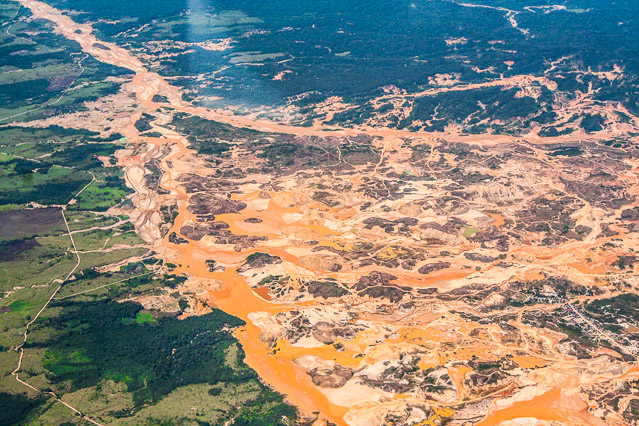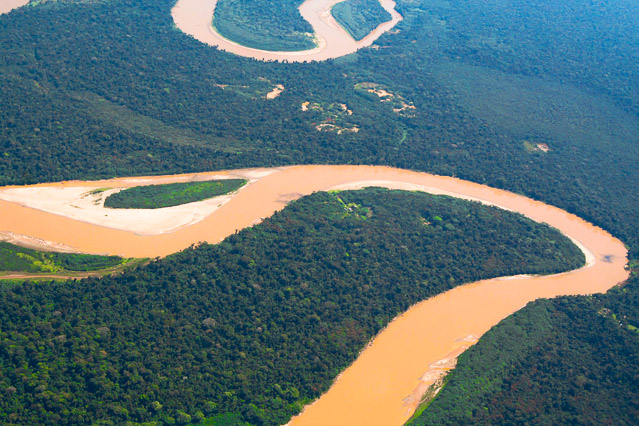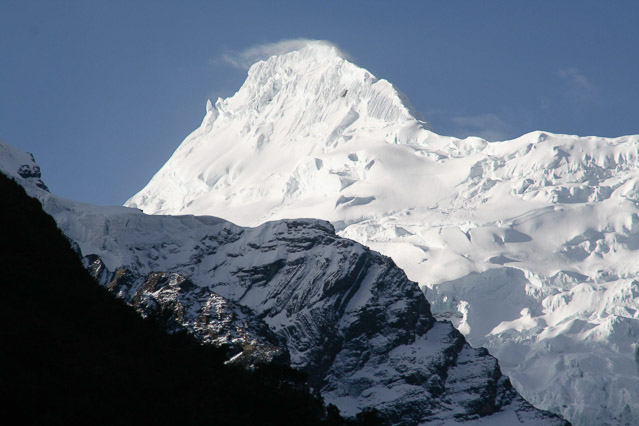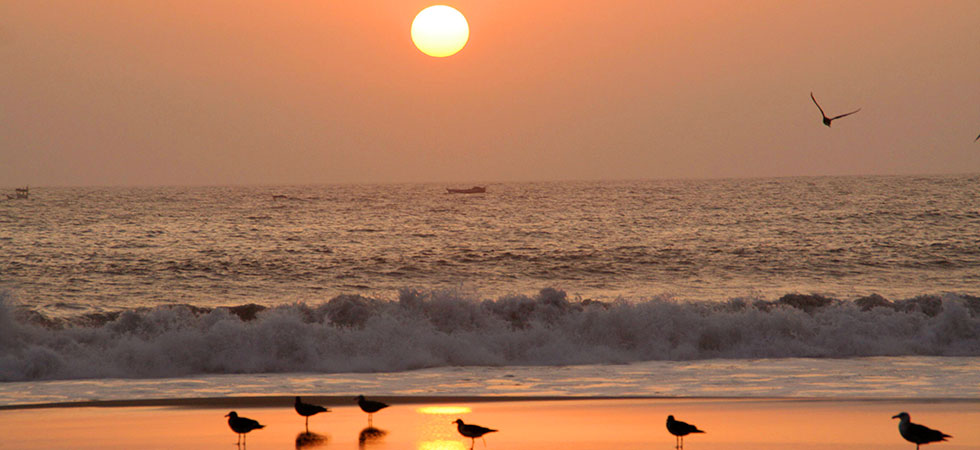Sunday, September 29, 2013

A new study found unsafe amounts of mercury in fish and people in Puerto Maldonado, the capital of Peru’s southeastern Madre de Dios Region. Average mercury levels in nine of…
Read More
Sunday, September 29, 2013

A new study shows that mercury from wildcat gold mining in the Peruvian Amazon is accumulating in the bodies of miners and other people in Peru’s southeastern Madre de Dios region. The…
Read More
Sunday, September 29, 2013
Oil palm plantations in Kalimantan – the Indonesian name for the island known in English as Borneo – are expanding at the expense of forest, leading to an increase in carbon emissions,…
Read More
Sunday, September 29, 2013
Several small studies have shown that some fish in the Madre de Dios region in southeastern Peru contain dangerous levels of mercury. A larger study of mercury in…
Read More
Sunday, September 29, 2013
It’s been one dam story after another in South America in the past week or so. The 2,750 Mw HidroAysén dam in southern Chile got the green light from an appeals court after a…
Read More
Sunday, September 29, 2013
The Andes Mountains are rich in minerals, including gold. Over millions of years, erosion has carried gold down the eastern slope of the Andes and deposited it along river beds,…
Read More
Sunday, September 29, 2013

The uplift of the Andes mountains over millions of years has been due to a combination of plate tectonics and volcanism. Tectonic plates are sections of the earth’s crust that are in…
Read More
Sunday, September 29, 2013
More people moving to Amazonia usually mean more deforestation. Regionwide, most deforestation is due to clearing for agriculture, but in some areas of Madre de Dios, deforestation for alluvial…
Read More
Sunday, September 29, 2013

Peru’s coast is a long strip of desert cut in more than 50 places by seasonal rivers that flow from the Andes to the Pacific Ocean. But the coast…
Read More
Sunday, September 29, 2013
While three-quarters of the residents of Amazonia live in Brazil, the population has been growing in the Amazonian region of all the countries that share the basin. Population density in Amazonia…
Read More

 barbara-fraser.com
barbara-fraser.com


